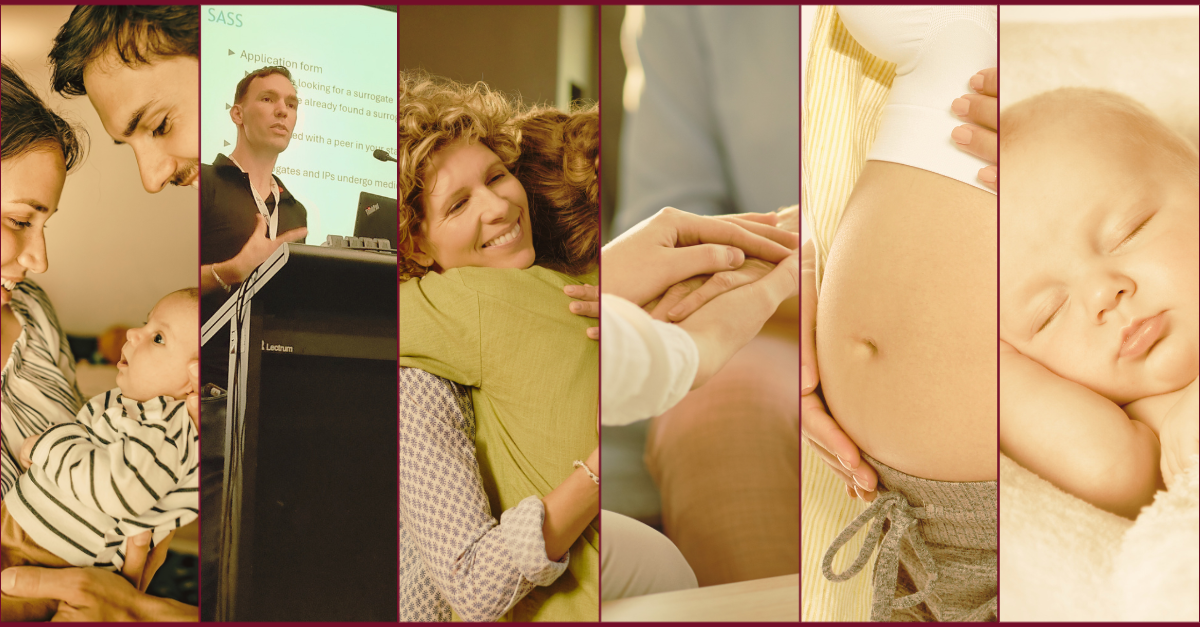The issue of COVID-19 vaccine administration in pregnancy is a really contentious topic. Various professional organizations have offered guidance that has ranged from a strong endorsement of receiving vaccination to a more cautious stance.
Evidence is showing that pregnant women are a high-risk category. What this means is if surrogates contract Covid and this develops into severe disease, they can deliver pre-term resulting in a still-birth or very sick baby.
The US state of Mississippi for example reported this month that still-births among unvaccinated pregnant women with COVID-19 are double the normal still-birth rate.
What research has been done on use of Covid-vaccination on pregnant women?
Clinical trials used to approve vaccines did not typically include pregnant women, so there is a lack of information on the possible effects on assisted reproduction treatment or future pregnancy. The few studies available are limited to the impact in the second or third trimester of pregnancy.
If my surrogate contracts Covid-19, what treatment is available?
There is no current approved treatment for COVID-19, and if a pregnant woman gets COVID- 19, the current medication used to ease symptoms to patients afflicted with COVID-19 is contraindicated for use in pregnancy.
This has meant governments have not put IVF patients or pregnant women generally at the front of the vaccination queue.
What are the benefits of vaccination of surrogates?
The European Society for Human Reproduction & Endocrinology (ESHRE) has determined that pregnant patients with COVID-19 are at a greater risk of more severe illness than their non-pregnant peers.
Vaccination prevents against severe disease, so in pregnant women, this will guard against the risk of still-birth or very pre-term delivery, even if surrogates are exposed to Covid-19.
What are the experts recommending?
As a result, a trend is emerging in which more healthcare agencies and professional societies are proposing that pregnant women be offered the vaccine.
The American Society for Reproductive Medicin (ASRM) for example recommends that US IVF clinics should strongly consider requiring vaccination for surrogates and advise intended parents to include requirement of vaccination in their contracts with surrogates.
Vaccination is also strongly encouraged amongst pregnant women at high risk for infection such as frontline healthcare workers, others with high occupational exposure risk and those with respiratory, cardiovascular or renal disease; diabetes, obesity or hypertension.
So while universal recommendations have not yet emerged, with the new Delta variant rampant, IVF clinics around the world are increasingly recommending all surrogates get vaccinated regardless of past exposure to guard against the risk of pregnancy loss or pre-term delivery
Where surrogates are vaccinated prior to embryo transfer, authorities are recommending that assisted reproduction treatment be postponed for at least a few days after the completion of vaccination.
Are surrogates happy to be vaccinated against Covid-19?
This might be fine if surrogates were happy to be vaccinated, but in countries such as Canada and the US, many surrogates are ‘anti-vaccination’. Vaccine hesitancy has been heightened as a result of the spread of misinformation on social media incorrectly stating that COVID-19 vaccines will cause sterility in women.
As a result, the risk-benefit equation is difficult. Prospective intended parents have often experienced years of loss. Many are unwilling to accept the additonal risk of their surrogate contracting covid and this leading to a still-birth.
Can we commence IVF if I or my surrogate is Covid-19 postive?
This is not recommended, to avoid risks of complications and of infection to the healthcare workers attending them.
If my surrogate, donor or myself are Covid-positive, how likely is it that my unborn child will contract the disease?
Current research shows this is very unlikely. The greater risk is of still-birth or pre-term delivery


